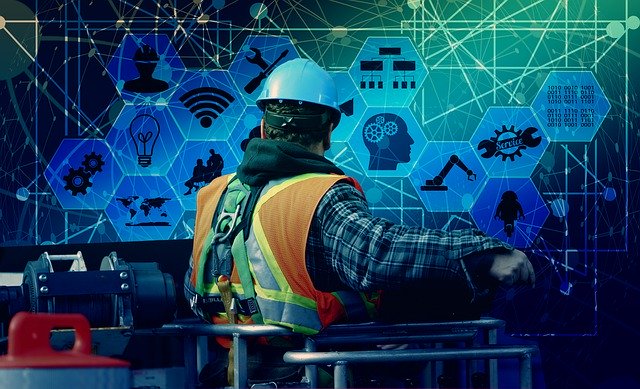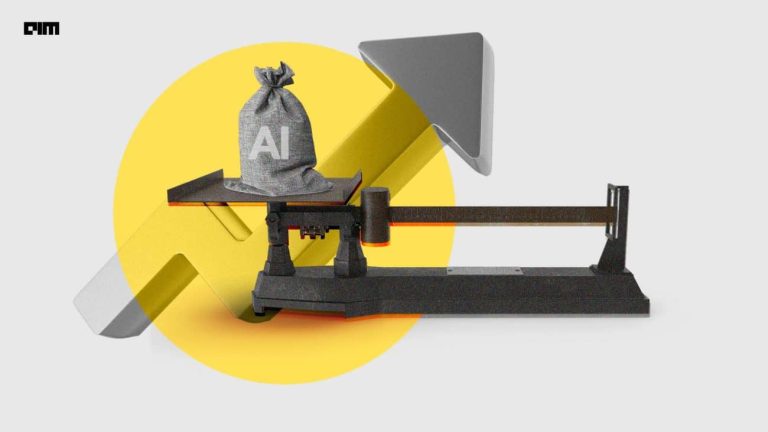In August, India’s GDP between April to June quarter was recorded at an abysmal -23.9%. As per the United Nation’s report, India’s economy is set to contract by 5.9% in 2020. Not just India, the economic situation is poor elsewhere in the world too. The current financial situation, driven by the COVID-19 pandemic, needs a significant boost to get back to normalcy. Can AI be instrumental in this?
Studies Scream ‘Yes!’, But With Caution
A key study on the possible effects of AI in accelerating was done by Mckinsey Global Institute in 2018, which attempted to simulate the impact of AI on the world economy based on three factors:
- The behaviour of companies and dynamics of various sectors
- Likely disruptions to countries, organisations, and workers due to transition to AI
- Dynamics of AI concerning a wide range of countries with different characteristics
This study found that there was massive potential for AI to contribute to the global economy. The study noted that by 2030, about 70% of the organisations would have adopted at least one of the AI technologies. On the other hand, the study predicted that the adoption of AI could further widen gaps among countries, companies, and workers.
Speaking of a more recent NASSCOM report, “Unlocking Value from Data and AI: The India Opportunity”, by 2025, data and AI can add up to $500 billion to India’s GDP; of this, 45% is likely to be delivered by consumer goods and retail, agriculture, and banking sectors.
Another report by Accenture titled, “Boosting India’s AI Capabilities for Strong and Inclusive AI-Driven Economic Growth”, pegs AI potential to add $957 billion to India’s economy in 2035. It further adds that there three primary ways in which AI help boost the country’s economy:
- For industries: AI can boost growth and profitability and help in transforming businesses
- For small and young companies: Using AI to take on scale-up and take on the larger competition
- Society: With AI-enabled improvement in the economic conditions, society as a whole can prosper.
Ways in Which AI Can Help
- AI-enabled personalisation: The use of AI will greatly improve the personalisation of products and services. As per a report by PwC, automating routine tasks through robots and autonomous vehicles will improve productivity gains. The availability of personalised products and services will eventually increase the demand as well, which would, in turn, generate more data. Increased investment assisted, autonomous, and augmented intelligence will help the workforce in lowering their burden on repetitive tasks and instead concentrate more on higher value-added activities.
- AI for empowering the workforce: There are two main strategies for applying AI-based technologies. The first is human-in-the-loop which involves investing in machinery that assists or augments the workforce by helping them in performing tasks more efficiently. The other one is the no-human-in-loop strategy which automates the whole process by removing the labour input altogether.
Organisations and their workforce could benefit from adopting a combination of autonomous technology and artificial intelligence along with human-in-loop to gain benefits across the entire value chain — from research and development to generating better outputs with greater accuracy to increased consumer engagement.
- Circular economy and AI: A circular economy is a sustainable form of economy that aims at eliminating waste and the plundering of resources through better designs of materials, products, and services. AI and other allied disruptive technologies can help in designing new circular products, components, and materials. This can be done through machine learning-enabled design processes that help in faster prototyping and testing. Further, by using data from products and users, AI can help in improving product circulation and asset utilisation through smart inventory management, pricing prediction, and predictive maintenance. Finally, AI can help improve processes, building, and correcting the reverse logistics infrastructure.
Wrapping Up
A major challenge of having a highly AI-dependent economy is its potential in widening the already existing gaps between countries, companies, employees. Before we become AI-reliant, the world’s governments and corporations must address issues pertaining to regulation and law regarding AI. It is, hence, the duty of such institutions to draft a framework that dictates how to craft and control the future using dialogues, resource allocation, and action.




















































































